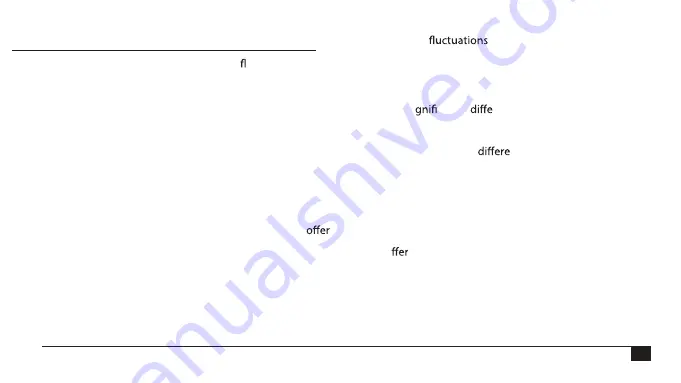
3
BP 3ABO-H
EN
1. Important Facts about Blood Pressure and Self-
Measurement
•
Blood pressure
is the pressure of the blood owing in the
arteries generated by the pumping of the heart. Two values,
the
systolic
(upper) value and the
diastolic
(lower) value, are
always measured.
•
The instrument also indicates the
pulse rate
(the number of
times the heart beats in a minute).
•
Permanently high blood pressure values can damage your
health and must be treated by your doctor!
•
Always discuss your values with your doctor and tell him/her
if you have noticed anything unusual or feel unsure.
Never rely on single blood pressure readings.
•
There are many causes of excessively
high blood pressure
values
. Your doctor will explain them in more detail and
treatment where appropriate. Besides medication, relaxation
techniques, weight loss and exercise can also lower your
blood pressure.
•
Under no circumstances should you alter the dosages of
any drugs prescribed by your doctor!
•
Depending on physical exertion and condition, blood pressure is
subject to wide
as the day progresses.
You should
therefore take your measurements in the same quiet condi-
tions and when you feel relaxed!
Take at least two measure-
ments per day, one in the morning and one in the evening.
•
It is quite normal for two measurements taken in quick succession
to produce si
cantly
rent results
.
•
Deviations
between measurements taken by your doctor or in the
pharmacy and those taken at home are quite normal, as these
situations are completely
nt.
•
Several measurements
provide a much clearer picture than just
one single measurement.
•
Leave a small break
of at least 15 seconds between two
measurements.
•
If you are
pregnant
, you should monitor your blood pressure
very closely as it can change drastically during this time!
•
If you su
from an
irregular
heartbeat
,measurements taken
with this instrument should only be evaluated after consultation
with your doctor.
•
The pulse display is not suitable for checking the
frequency of heart pacemakers!






































